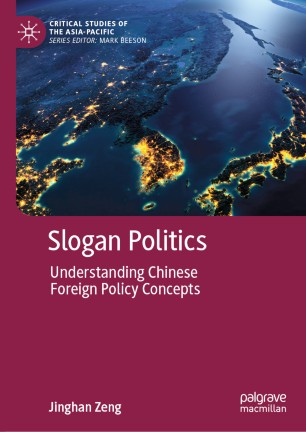

Most ebook files are in PDF format, so you can easily read them using various software such as Foxit Reader or directly on the Google Chrome browser.
Some ebook files are released by publishers in other formats such as .awz, .mobi, .epub, .fb2, etc. You may need to install specific software to read these formats on mobile/PC, such as Calibre.
Please read the tutorial at this link: https://ebookbell.com/faq
We offer FREE conversion to the popular formats you request; however, this may take some time. Therefore, right after payment, please email us, and we will try to provide the service as quickly as possible.
For some exceptional file formats or broken links (if any), please refrain from opening any disputes. Instead, email us first, and we will try to assist within a maximum of 6 hours.
EbookBell Team

4.0
86 reviewsThis book studies the three most important Chinese foreign policy concepts under Xi Jinping’s leadership – “New Type of Great Power Relations”, “Belt and Road Initiative” and “Community of Shared Future for Mankind”. Those signature concepts are often considered as China’s well-thought-out strategic plans reflecting Beijing’s concrete geopolitical vision. This book, however, argues that these views are mistaken. It develops a slogan politics approach to study Chinese foreign policy concepts. The overarching argument is that those concepts should be understood as multifunctional slogans for political communication on the domestic and international stages. This book shows how those concepts function as political slogans to (1) declare intent, (2) assert power and test domestic and international support, (3) promote state propaganda, and (4) call for intellectual support. The slogan politics approach highlights the critical role of China’s academic and local actors as well as international actors in shaping China’s foreign policy ideas. It provides critical insights to understand how Chinese domestic actors exert their influence and voice their narratives to influence China’s policy agenda and debate. It suggests that the existing analyses vastly exaggerate Beijing’s capacity to coordinate domestic actors including forging coherent Chinese foreign policy narratives and unifying use of China’s policy concepts.